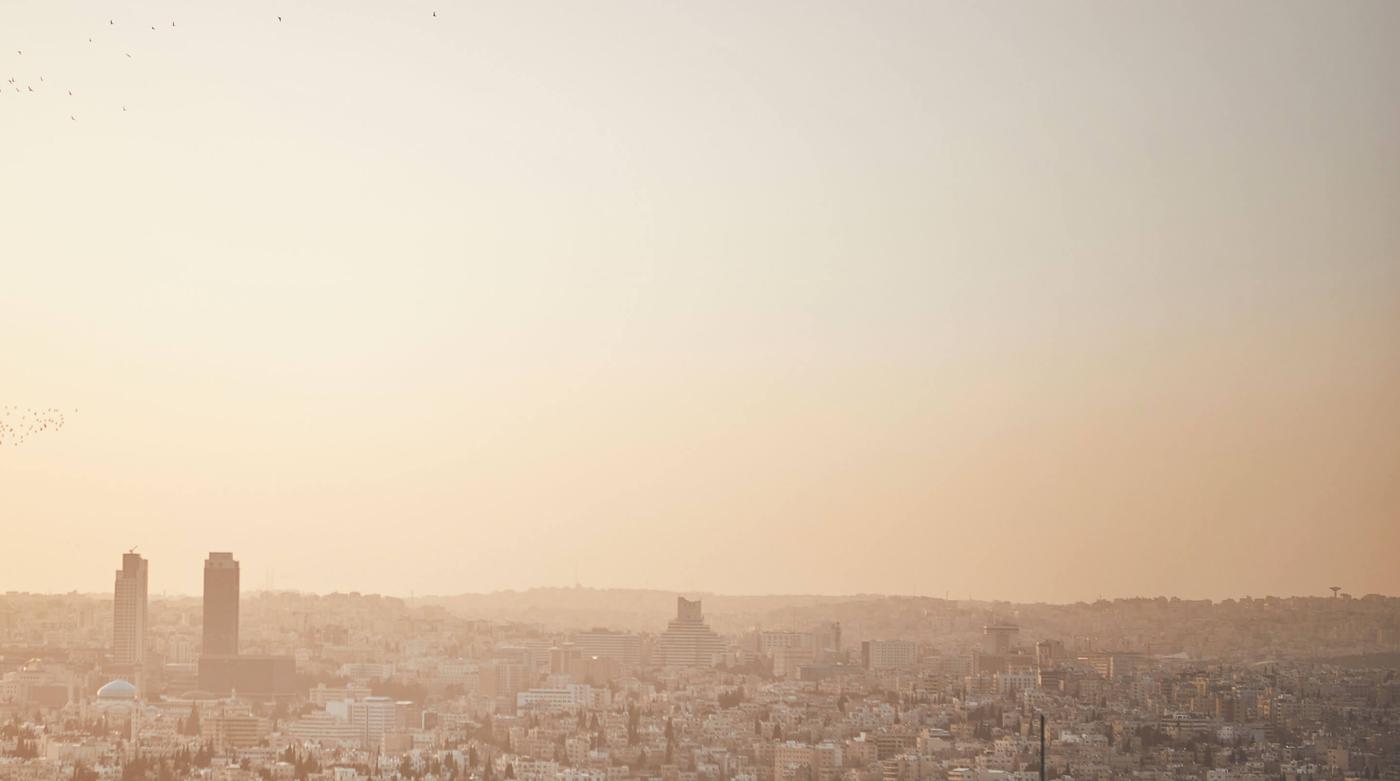
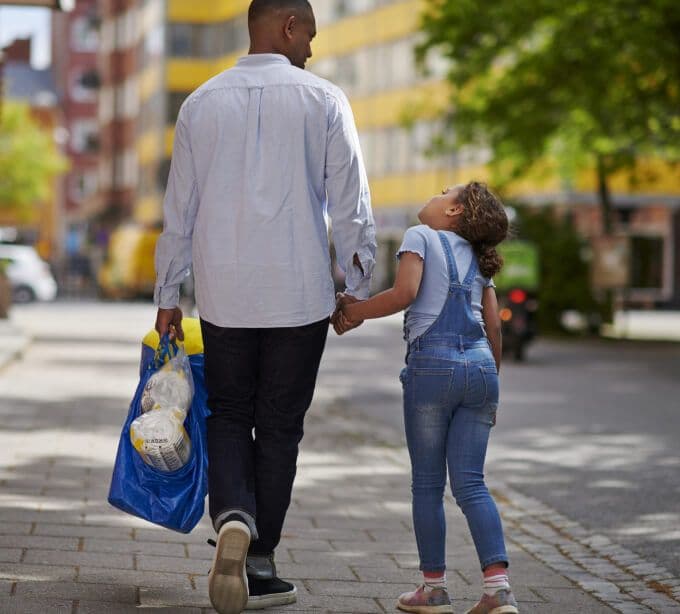

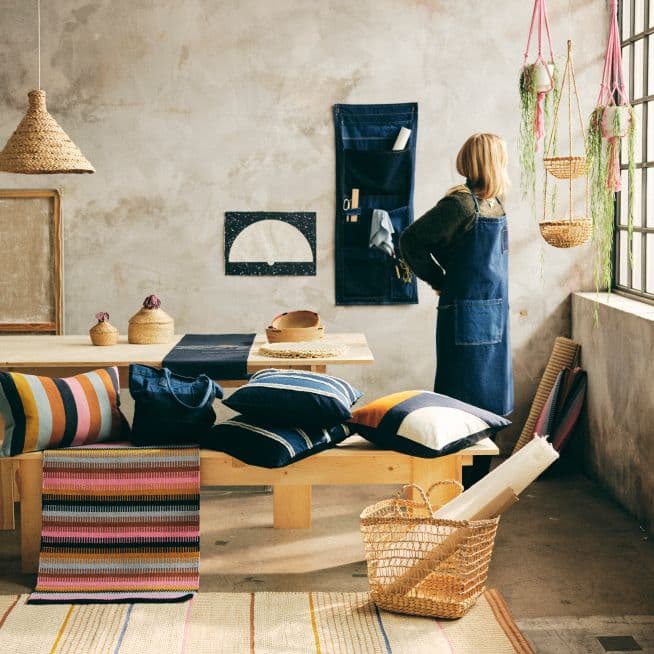

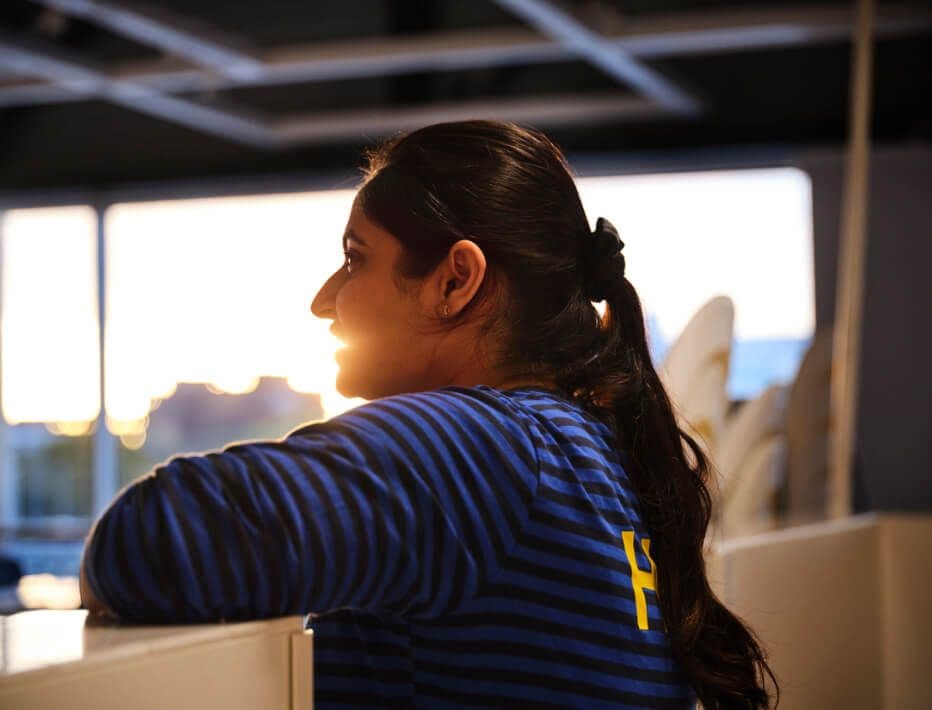
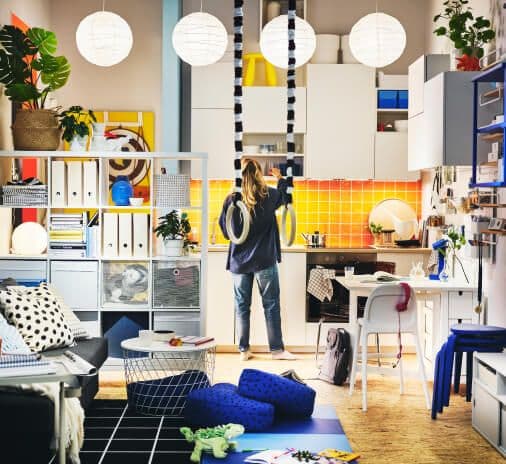
Taking action to pave the way for another 80 years
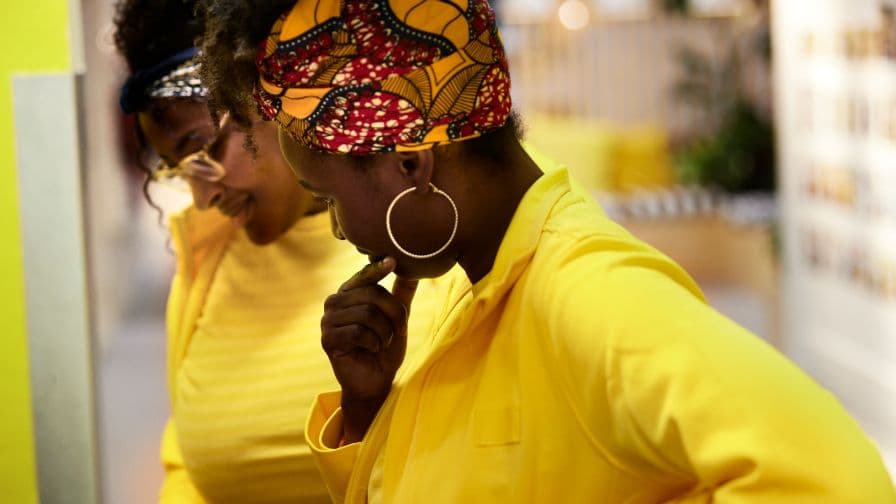
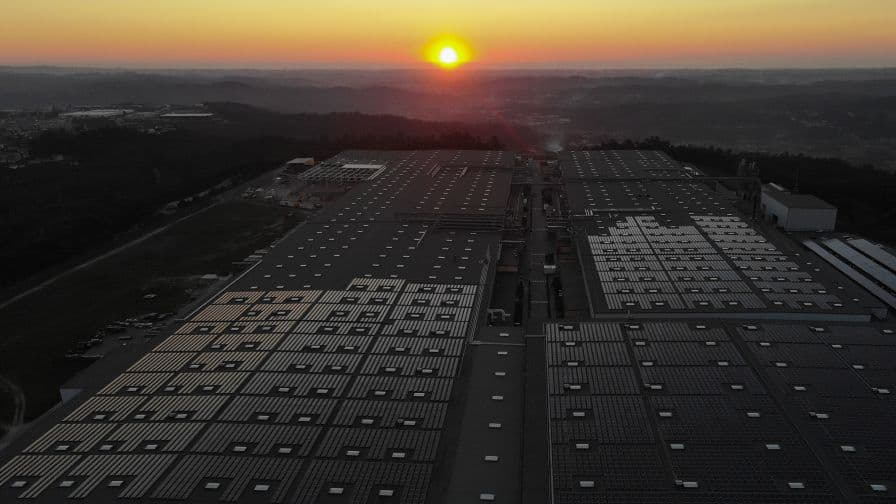
Since IKEA was founded 80 years ago, we've had the privilege of being part of people’s homes and lives.
Looking forward, achieving our IKEA vision of creating a better everyday life for the many people means acting here and now to contribute to limiting climate change, reversing nature loss and reducing inequality. We approach these challenges with both realism and optimism.
The recently released IKEA Sustainability Report FY23 tracks our progress over the past financial year. Let’s take a look at some of the key highlights.
Raising the goal posts
During FY23, we strengthened our strategic climate goals and actions to align with the 1.5°C trajectory and the Net-Zero Standard by Science Based Targets initiative (SBTi).
22% lower climate footprint
As of FY23, we decreased our climate footprint, in absolute terms compared to our FY16 baseline, by 6.9 million tonnes of CO2 eq, a reduction of 22%. This a result of increased renewable electricity use in both retail and production, continued energy efficiency improvements in the IKEA lighting range and lower production volumes.
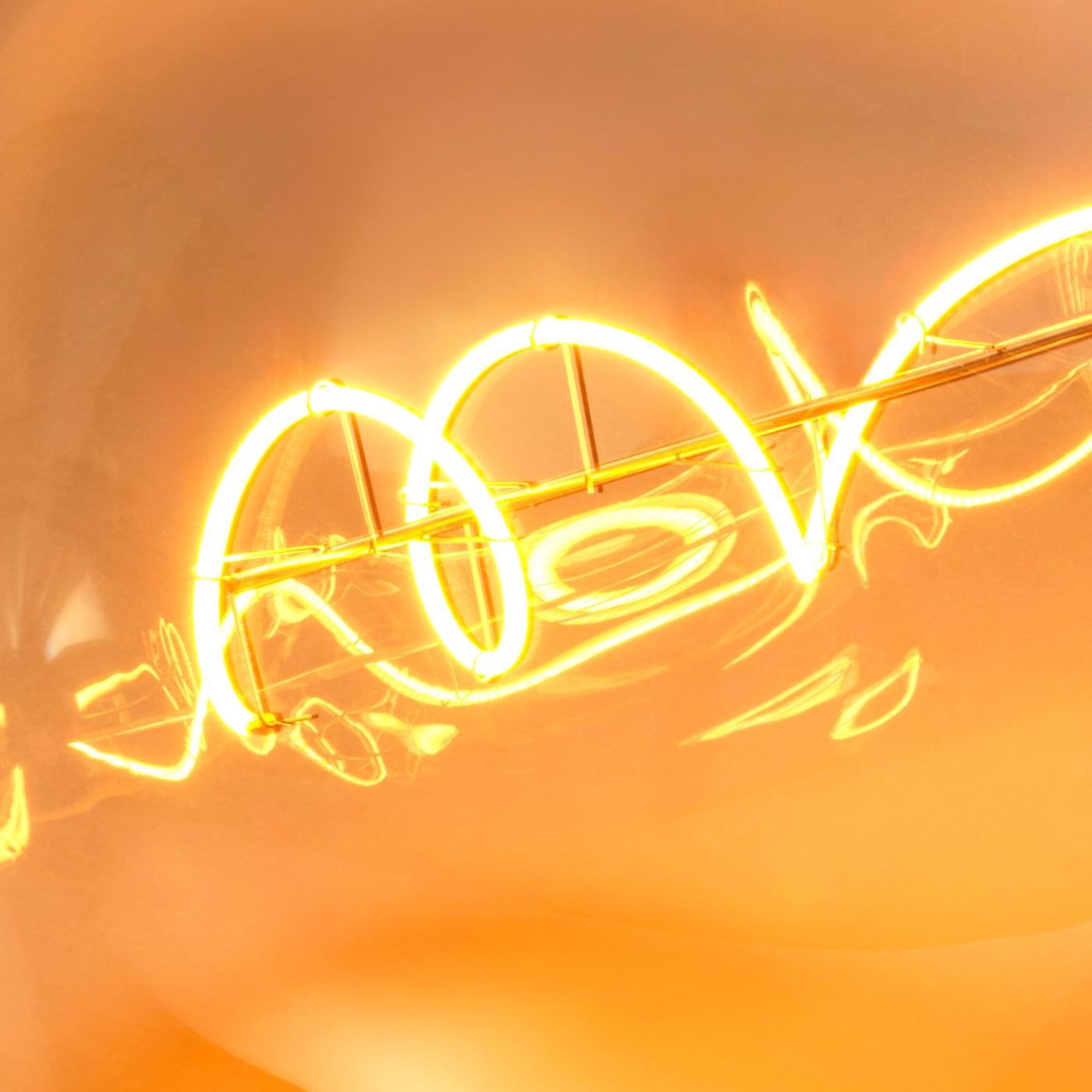
Speaking of renewable electricity...
Across the business, the share of renewable electricity used saw an increase in FY23 compared to FY22.
The renewable electricity share for IKEA retail increased from 75% to 77% in FY23.
Logistic services went from 86% to 90%.
And lastly, renewable electricity in production increased from 63% to 71%.
An improved offer at our stores
In FY23, we explored new ways to inspire and enable IKEA customers to live healthier, more sustainable lives; as well as promoting circular behaviours.

Like the plant-based hotdog introduced in 14 markets, adding more delicious meat-free alternatives to our menu.

Or the new SILVERSIDA tableware range, made using ceramic production waste.
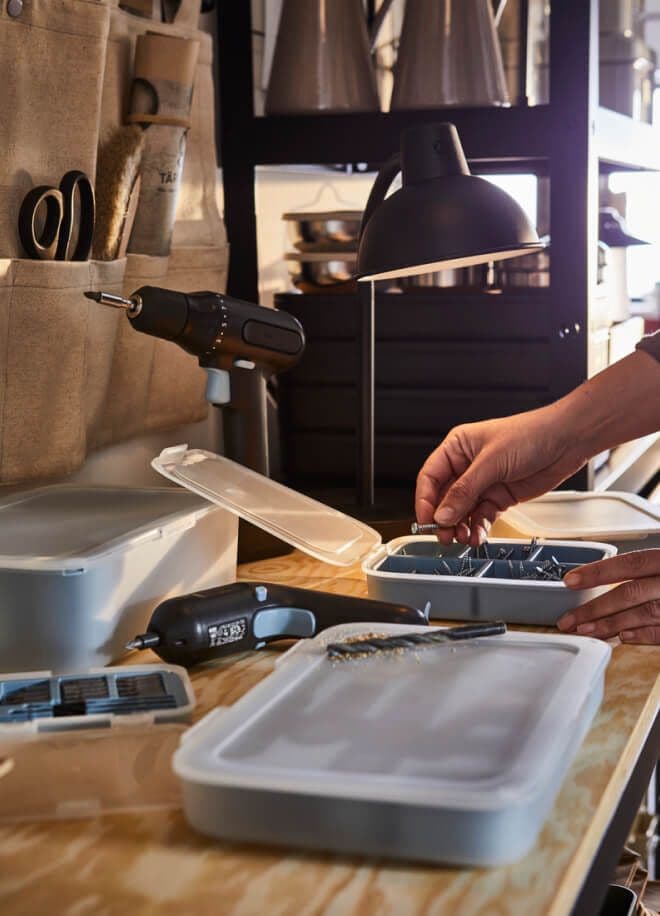
We also increased the offer and availability of spare parts so customers can prolong the life of the products they already have at home.
Less plastic is part of the package
Back in 2021, we announced our plan to phase out plastic from consumer packaging by 2028. So, how are we tracking?
44% less plastic packaging compared to FY21
In FY23, we were well on our way, reducing the amount of plastic packaging of consumer goods by approximately 47% and reducing total plastic packaging (including consumer packs, multipacks, unit loads and handling materials) by approximately 44% compared with baseline year FY21.
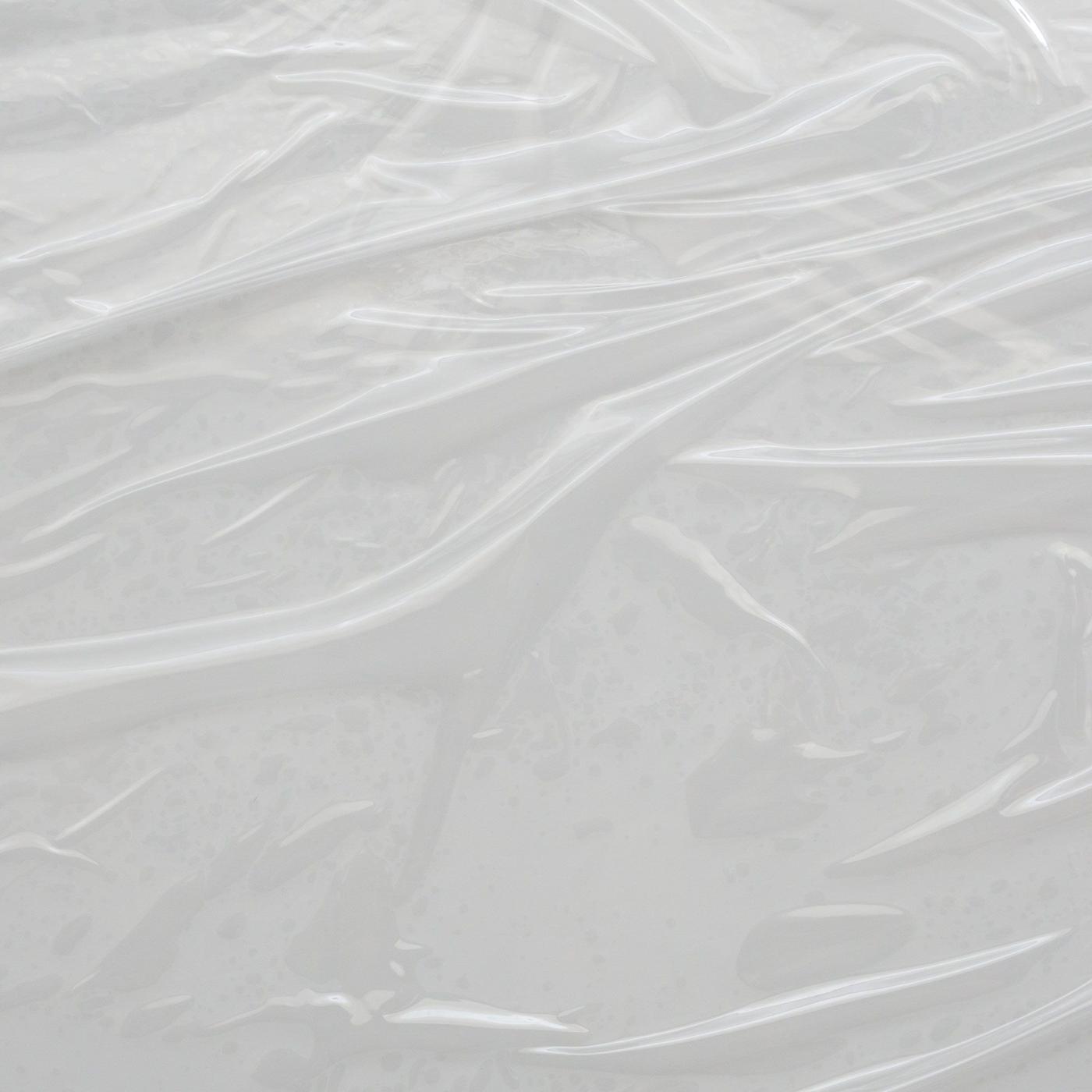
People and planet go hand-in-hand
In FY23, we also made progress in our efforts to protect human rights, create decent work and deliver social impact.
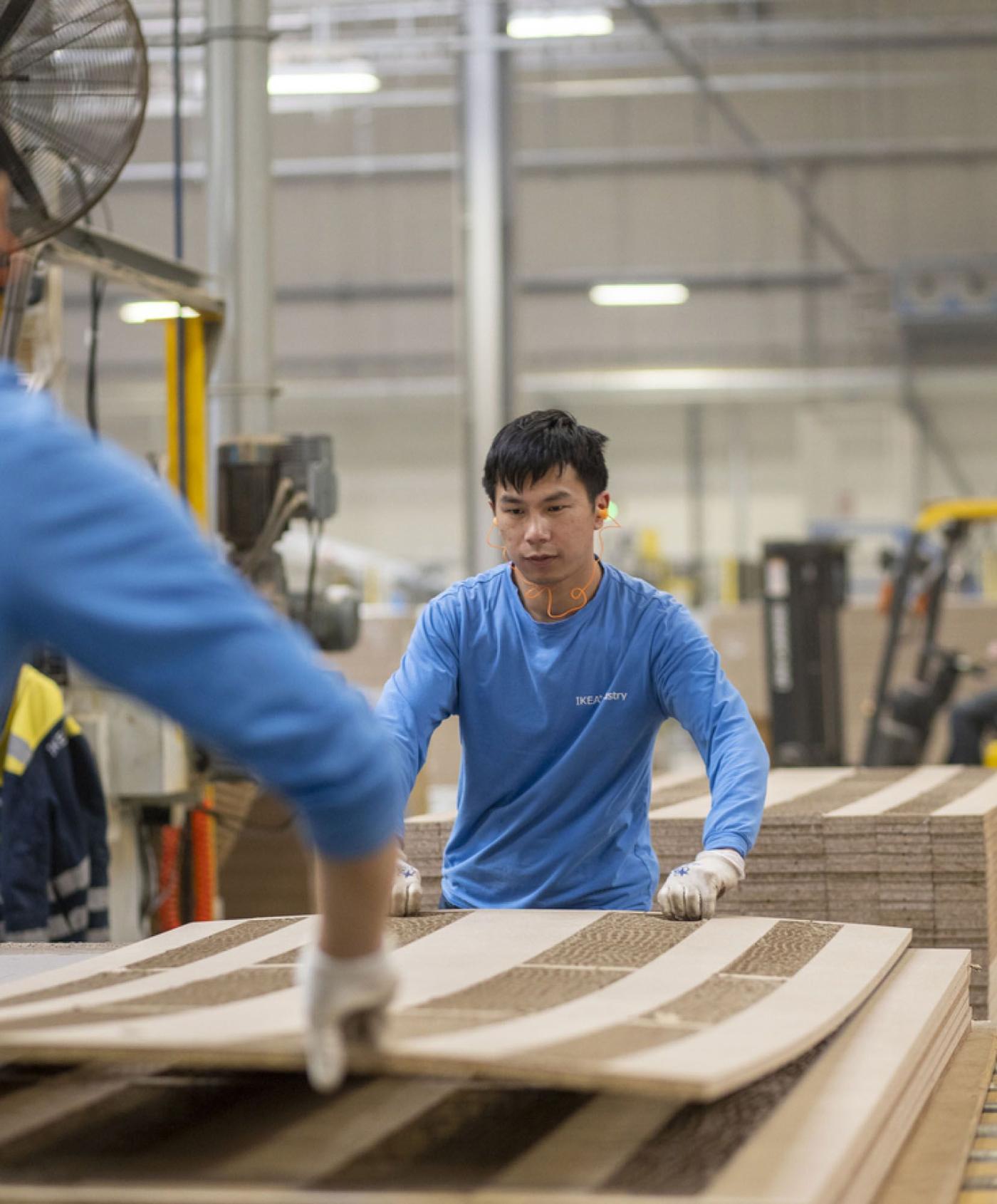
Like taking an important step towards our FY30 commitment to provide and support living wages, by sharing our Responsible Wage Practices framework across the IKEA business.

As well as supporting nearly 3,000 asylum seekers and refugees from 2019 to 2023 through the Skills for Employment programme. This programme was led by retail markets operated by IKEA franchisee, Ingka Group, with 54% of programme participants going on to find jobs inside or outside IKEA.
"As our work continues, we stay optimistic. Sustainability is an integrated part of our business, and our long-term commitment to make sustainable living affordable and accessible to the many will continue to guide us for the next 80 years."
Pär Stenmark, Chief Sustainability Officer at Inter IKEA Group

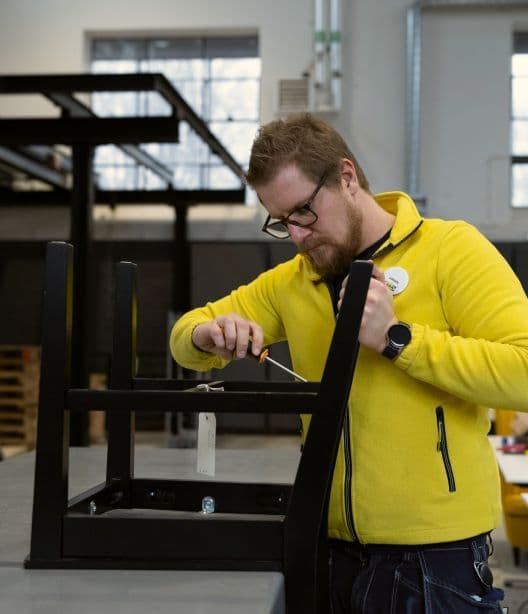
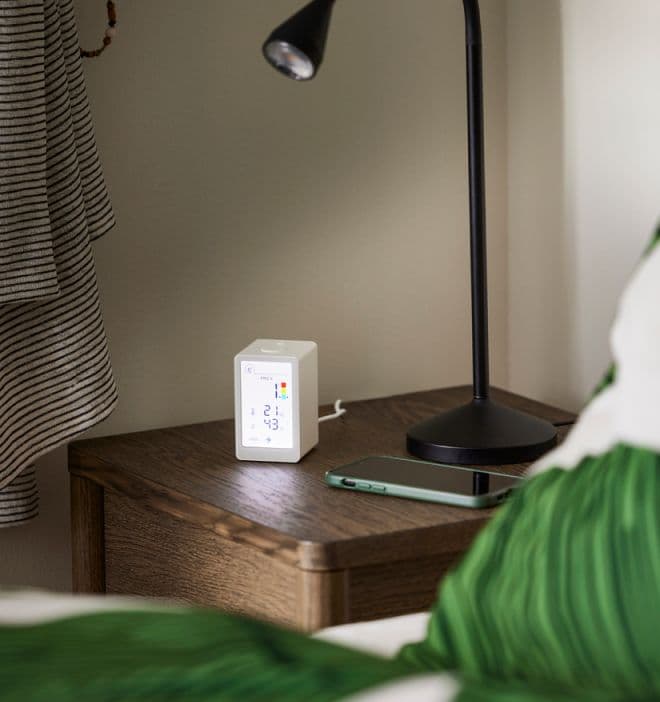

Up for a longer read?
In the full IKEA Sustainability Report FY23, you’ll find out more about all the ongoing work and initiatives across the full IKEA value chain: from solutions for healthy and sustainable living at home, to our climate and circularity agenda, regenerating resources and contributing to a fair and equal society.
